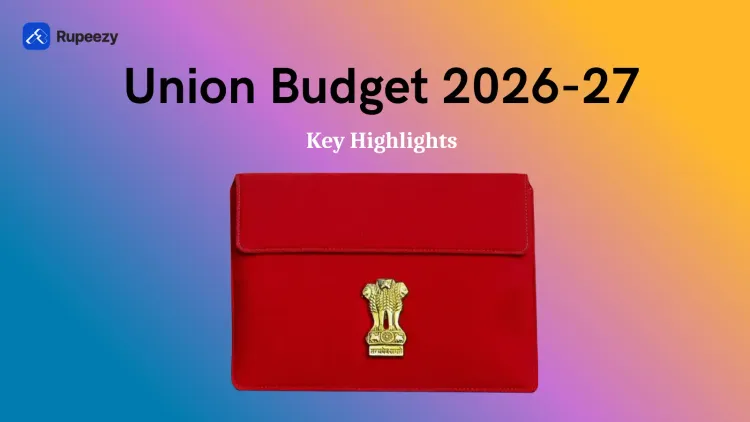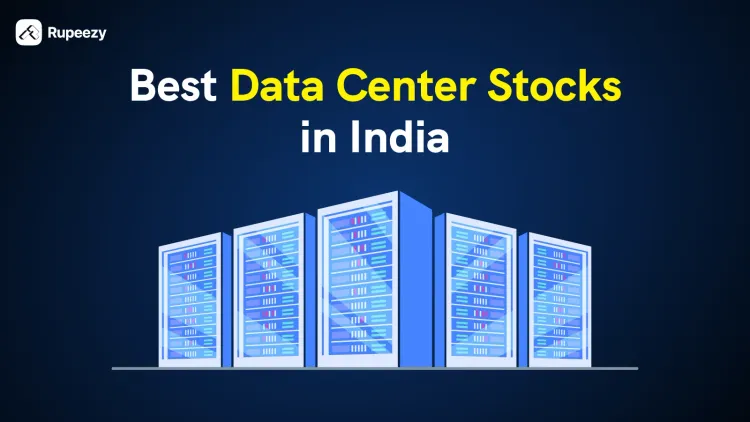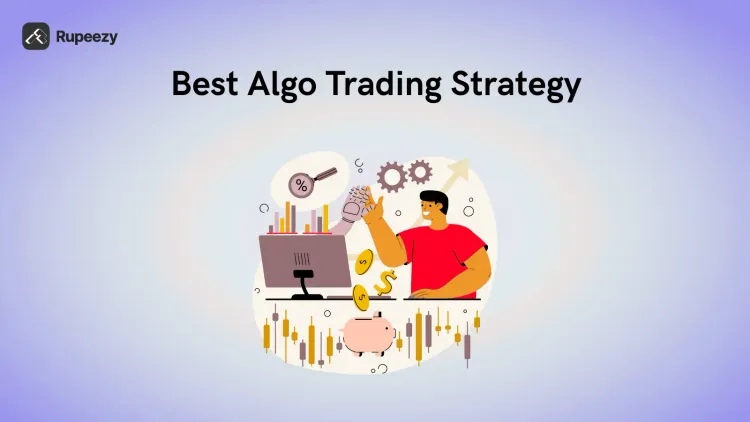Open Derivatives
F&O Account
Trade in futures and options with advanced features on a tech-powered user-friendly platform.

What is Derivatives Trading ?

Derivatives are financial instruments that derive their value from an underlying asset which can be a stock, index, currency, commodity etc.
They are short term financial contracts between two or more parties transacted through an exchange.
Derivatives trading works on buyer and seller having divergent views on future price of a security. This segment gives investors a chance to earn gains by paying a nominal margin for the contract.
Benefits of Futures &
Options Trading with Rupeezy

Quick Online Opening
Completely paperless account opening process, start trading in a few clicks

Trade in Multiple Segments
Trade on NSE and BSE in multiple segments - Cash, Futures & Options.

Create themed Basket Orders
Trade in multi leg strategies with single swipe using basket order. Assess your position with a Profit Loss assessment tool.

Trade with Option Chain, Greeks
Trade from Option Chain, analyse your trade with Greeks, PayOff Graph, directly from charts.

Advance Options Strategy Builder
Trade smart in F&O with FREE Options Strategy Builder advance tool
Steps to Start Equity
Trading with Rupeezy

Open Demat Account
Add your email, phone no, Confirm OTP Select segment as Equity, Currency, Commodity & F&O
Upload your documents PAN, Aadhar
Upload Income proof for derivatives
F&O Trading Pricing and
Margin at Rupeezy

Brokerage
STT/CTT
Transaction Charges
GST
SEBI charges
Stamp charges
Rs 20 per order
0.01% on sell side
NSE 0.002%
18% on (brokerage + transaction charges + SEBI charges)
Rs 10 / crore
0.002% or Rs 200 / crore on buy side

Brokerage
STT/CTT
Transaction Charges
GST
SEBI charges
Stamp charges
Rs 20 per order
0.05% on sell side (on premium)
NSE 0.053% (on premium)
18% on (brokerage + transaction charges + SEBI charges)
Rs 10 / crore
0.003% or Rs 300 / crore on buy side

Stocks
Trade on NSE and BSE in multiple segments - Cash, Futures & Options.

Currencies
Trade in widely traded currencies, earn from currency movements

Derivatives
Trade in F&O markets, profit from speculative opportunities

Commodities
Trade in commodity derivatives and hedge your overall portfolio risk

IPO
Spot good IPO opportunities, invest in a click
Explore Other Platforms
Frequently Asked Questions
Q1. What are the differences between Futures & Options?
Q2. What are the participants in the Derivatives market?
Q3. What are the optional documents that can be taken as financial proof?
Q4. Are there any penalties in futures trading?









